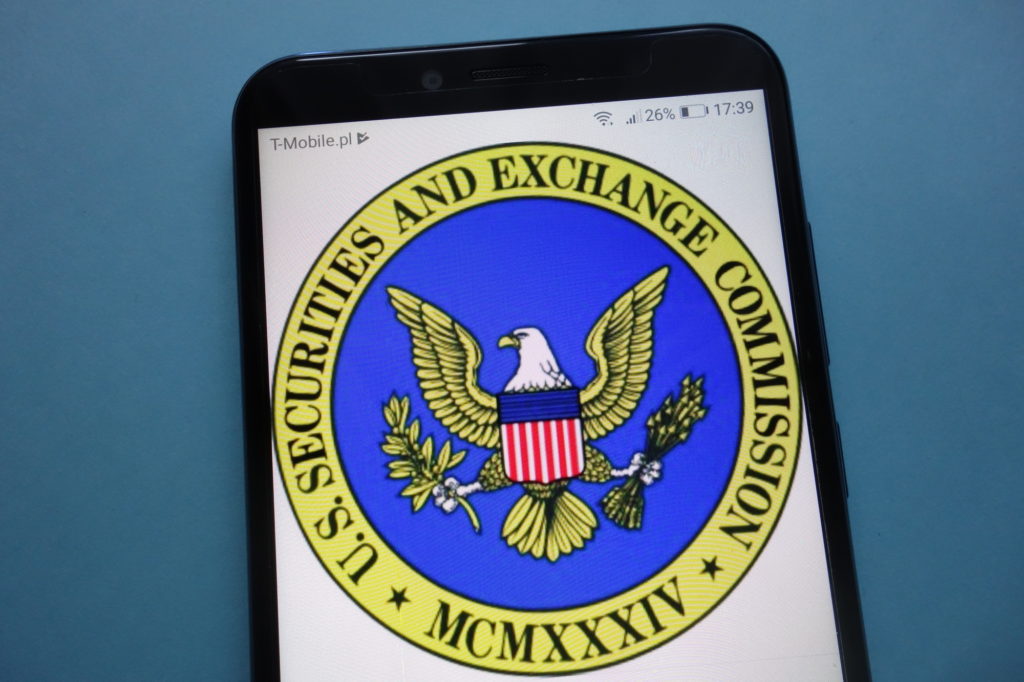
The SEC on April 3, 2019 issued a No-Action Letter to an ICO offeror – demonstrating that its Chairman’s prior promise to devote sufficient SEC resources toward better understanding initial coin offerings has been kept. In the April 2, 2019 no-action request to the SEC, TurnKey Jet proposed, “to offer and sell blockchain-based digital assets in the form of “tokenized” jet cards.” TurnKey plans to be the program manager for a membership program based on this token platform. The tokens would be pegged at the US dollar “throughout the life of the Program”. Apparently, the sole purpose in issuing tokens is to avoid financial transaction costs to the extent a credit card is used to book jet travel.
Even though there is certainly value in eliminating the middleman in high-cost transactions – card brands, Venmo, and Paypal take note, this is not the sort of blockchain-implemented ecosystem envisioned by the early ICO issuers. Nevertheless, this sort of use case provides a readily apparent benefit to its participants and is exactly what the blockchain/DLT community needs to move forward. As previously argued, it is certainly not the case that all ICOs are securities so this no-action move by the SEC should be welcome by all.
In a related positive move from the SEC, on April 3, 2019 the SEC released its Statement on “Framework for ‘Investment Contract’ Analysis of Digital Assets”. Doing an excellent job of parsing the existing statutory interpretation of what constitutes a security, i.e., the now famous Howey test, the SEC’s FinHub Framework is a must-read for those looking to issue a digital asset.
Notwithstanding some criticism of the SEC Framework, this release is a natural progression that should not be discounted. More importantly, by launching this Framework the same day of its No-Action Letter, the SEC has sent a clear message that blockchain ecosystems remain open for business and the SEC will not hurl unnecessary impediments to the implementation of those use cases that actually comply with regulatory law.